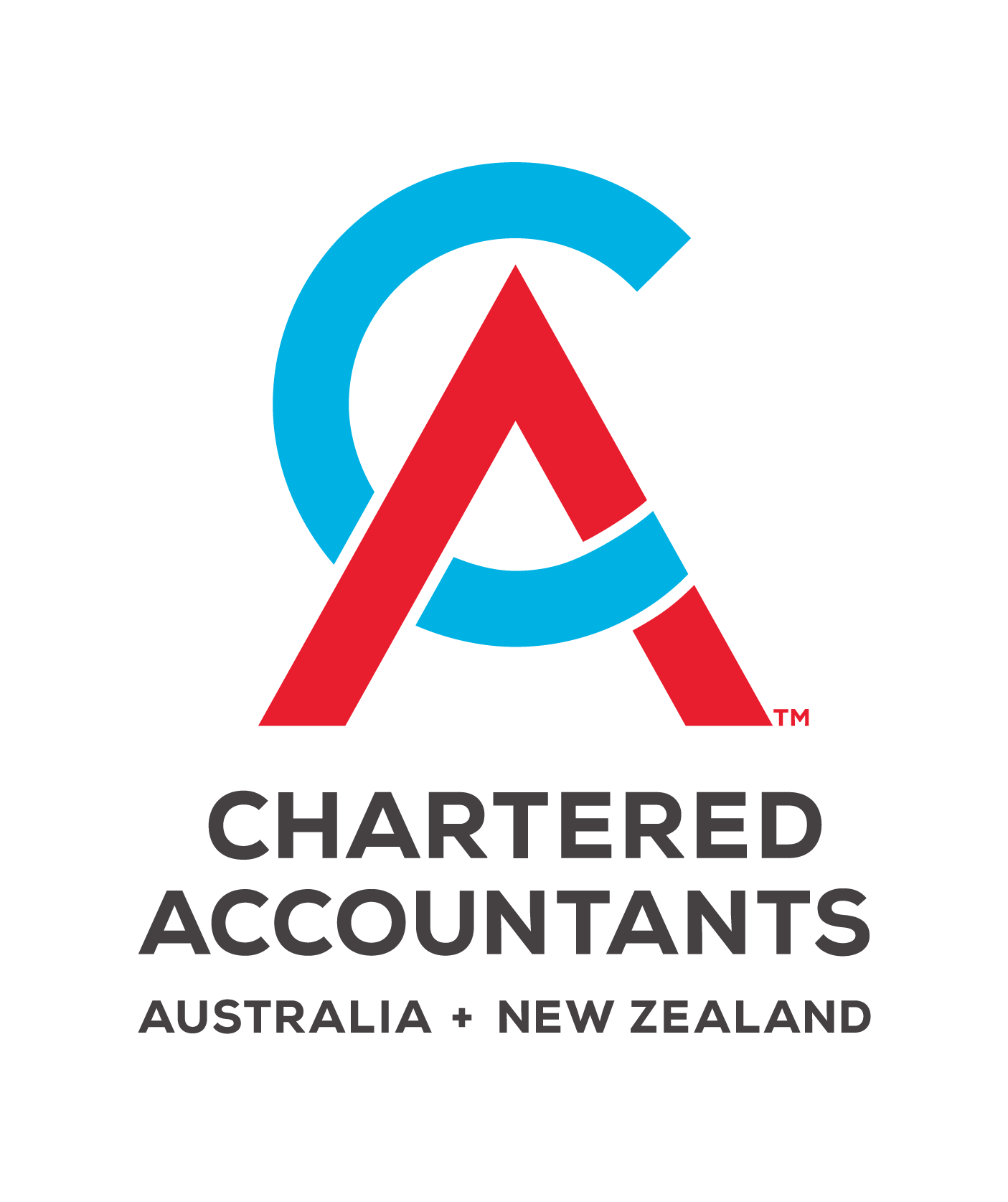News Articles

Back in 2004, Australia enacted important corporate governance reforms. But what does it mean for you, and how can good governance help your business?
What is corporate governance?
Put simply, corporate governance addresses how those in control of a company are held to account. On this score, the Australian Securities Exchange (ASX) says, "corporate governance promotes investor confidence, which is crucial to the ability of entities listed on the ASX to compete for capital1."
But even if you're not at the helm of a publicly listed company, having governance principles in place makes good business sense.
allow organisations to manage their affairs with proper oversight and accountability, to create value for shareholders or members...
Why corporate governance matters
Think back to 2004. At that time, the Corporate Law Economic Reform Program, commonly called CLERP 9, modified the Corporations Act (which governs company law in Australia), partly in response to the HIH Royal Commission.
If you're not familiar with the backstory, HIH was a prominent Australian insurance company. Its $5.3 billion collapse in March 2001 is often viewed as a case study in how not to run a company – and it demonstrated the potentially far-reaching impacts of a poor corporate governance culture.
Fast forward to 2021, and good corporate governance is now recognised for the value it brings to a business in terms of fostering integrity, positive performance and helping to build a sustainable long term business.
Notably, a robust approach to good governance publicly demonstrates that a company is well-managed. That said, in a cutthroat commercial market, good governance can deliver competitive advantages.
As the name suggests, governance is all about the rules that 'govern' your business. But it doesn't end there.
The principles of good governance
A quick online search can suggest there are a myriad principles of good governance. However, the principles of good governance are enshrined in the ASX's Corporate Governance Principles and Recommendations2.
While these apply to publicly listed companies, the principles still hold true for how any organisation is governed regardless of scale – and even in the absence of a company structure.
The eight principles laid out by the ASX are:
1. Lay solid foundations for management and oversight
Clearly delineate the roles and responsibilities of the company board and management, and regularly review their performance.
2. Structure the board to be effective and add value
This can be harder to achieve in a small private company, but ultimately it's about having the collective skills, commitment and knowledge to help the business reach its full potential.
3. Instill a culture of acting lawfully, ethically and responsibly
This goes beyond acting with integrity. It also encompasses safeguarding the accuracy of corporate reports with the appropriate processes to verify all the figures.
4. Safeguard the integrity of corporate reports
While a listed company should have appropriate processes to verify the integrity of its corporate reports, it makes sense for all businesses to have the systems in place to deliver accurate reports.
5. Make timely and balanced disclosure
In the case of a listed company, it's a no-brainer that the company should disclose matters that could affect the share price. But in any business, it pays to be honest about the position of the business, especially when it comes to financial dealings.
6. Respect the rights of security holders
Your business may not have public members as shareholders; however, you still need the appropriate information to exercise your discretion as a business owner or organisation leader to make key decisions.
7. Recognise and manage risk
Does your business have a risk management framework? If not, this is something to look into as it can play a crucial role in decision making.
8. Remunerate fairly and responsibly
Part of attracting, motivating and retaining quality employees involves offering remuneration in line with each employee's skills, experience and ability to add value to your business.
What's in it for your business?
As the name suggests, governance is all about the rules that 'govern' your business. But it doesn't end there.
So, what can you do to improve governance?
The Australian Institute of Company Directors (AICD)3 notes that effective governance structures "allow organisations to manage their affairs with proper oversight and accountability, to create value for shareholders or members through sound investment and innovation, and provide accountability and control systems commensurate with the risks involved".
Those are goals worth aiming for, and on that basis, all organisations can benefit from good governance – from the largest companies to small not-for-profit organisations.
How should I respond?
As the AICD explains, there is no "one size fits all" good practice solution for effective governance. Factors to consider include the nature of the organisation's activities – particularly the complexity and risks involved, the legislation that governs your organisation, and the organisation's constitution.
In the most simple terms, good governance doesn't just mean compliance. It's also about defining accountability across your team to build productive relationships. It means having effective risk management in place so that all stakeholders (including employees) are protected, and it encompasses measuring organisational performance. This can be achieved by identifying the key performance drivers suitable to the organisation and determining measures of success or failure.

Practical steps to take
So, what can you do to improve governance? A few simple steps can help your organisation improve its governance.
- Build a diverse team – this allows the organisation to benefit from a variety of viewpoints.
- Let voices be heard – in a company structure, this means giving all directors an equal voice. But all organisations can benefit from having systems in place that allow everyone to express their views.
- Ensure leaders have the information they need when they need it – there is no getting around the fact that quality information is the foundation of good decision-making.
- Build a culture of collaboration and accountability – encourage people to come to meetings fully prepared and informed. Actively invite contributions from a cross-section of people, and have an open mind to the views of others.
___________________
1. https://www.asx.com.au/documents/regulation/cgc-principles-and-recommendations-fourth-edn.pdf
2. https://www.asx.com.au/documents/regulation/cgc-principles-and-recommendations-fourth-edn.pdf
3. http://www.companydirectors.com.au/~/media/resources/director-resource-centre/governance-and-director-issues/guiding-principles-of-good-corporate-governance.ashx?la=en
Discuss Further?
If you would like to discuss, please get in touch.
Disclaimer
The information provided in this article does not constitute advice. The information is of a general nature only and does not take into account your individual situation. It should not be used, relied upon, or treated as a substitute for specific professional advice. We recommend that you contact Brentnalls SA before making any decision to discuss your particular requirements or circumstances.







